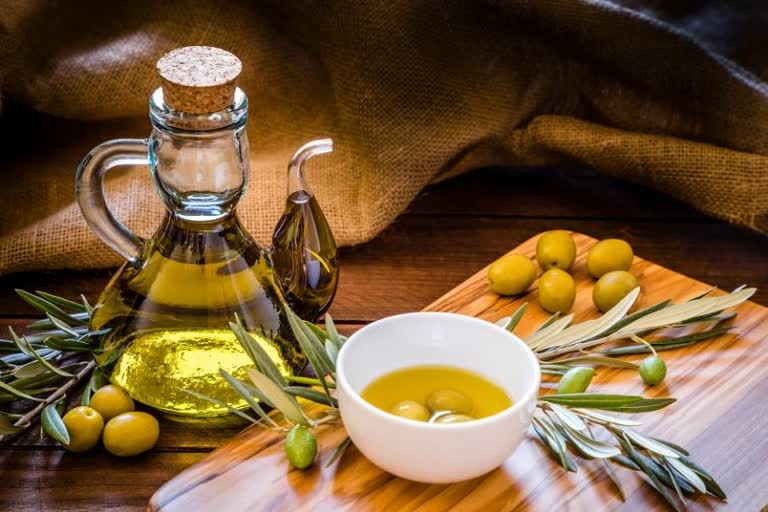Numerous studies have shown that consuming olive oil in particular extra virgin olive oil (EVOO) can have many different benefits for our health. For example, the Spanish Predimed study (the largest randomised control trial ever conducted on the Mediterranean diet) showed that women who ate a Mediterranean diet supplemented with extra virgin olive oil had a 62% lower risk of breast cancer compared to women who were advised to eat a low-fat diet.
Experts who have since examined multiple scientific studies looking at the Mediterranean diet and its effect on chronic diseases conclude that a primary reason the diet protects against breast cancer is because of EVOO. There's also evidence that EVOO may protect against type 2 diabetes and possibly even Alzheimer's disease.
So what makes extra virgin olive oil better for us than other types of cooking oil? The answer lies in its composition. Alongside its fat, EVOO also contains many natural substances, such as polyphenols. Polyphenols occur naturally in plants and have been linked to many health benefits, such as reducing the risk of cardiovascular disease and cognitive disorders. Studies also seem to show that a major reason why EVOO is beneficial to our health is because of the polyphenols it contains. Polyphenols are thought to have many benefits in the body, such as improving the gut microbiome.
Research shows that the polyphenols in extra virgin olive oil are linked with a lower risk of cardiovascular disease. In fact, when researchers stripped EVOO of its polyphenols, they found it didn't protect the heart from disease as well. It's believed that one of the benefits of EVOO on heart health is because its polyphenols prevent cholesterol from becoming oxidised. It's when cholesterol reacts with oxygen and is oxidised that it damages blood vessels.
The reason EVOO contains such high levels of polyphenols is because it's produced by simply crushing olives. More processed versions of olive oil such as light olive oil or spreads don't contain as many of these polyphenols. This is because creating these requires more processing, resulting in most of the polyphenols being lost.
Other cooking oils
Most other cooking oils, such as sunflower oil or rapeseed oil, are made from seeds. Seeds are very difficult to extract oil from, so they need to be heated and the oil extracted with solvents. This means that most of the polyphenols in seeds are lost during production. It's sometimes claimed that rapeseed oil (also known as canola oil or vegetable oil) is a healthy alternative to EVOO. While there is some evidence that raw rapeseed oil (meaning it hasn't been heated during cooking) can temporarily lower cholesterol levels, there's currently no evidence it can lower risk of developing diseases associated with high cholesterol such as heart disease.
